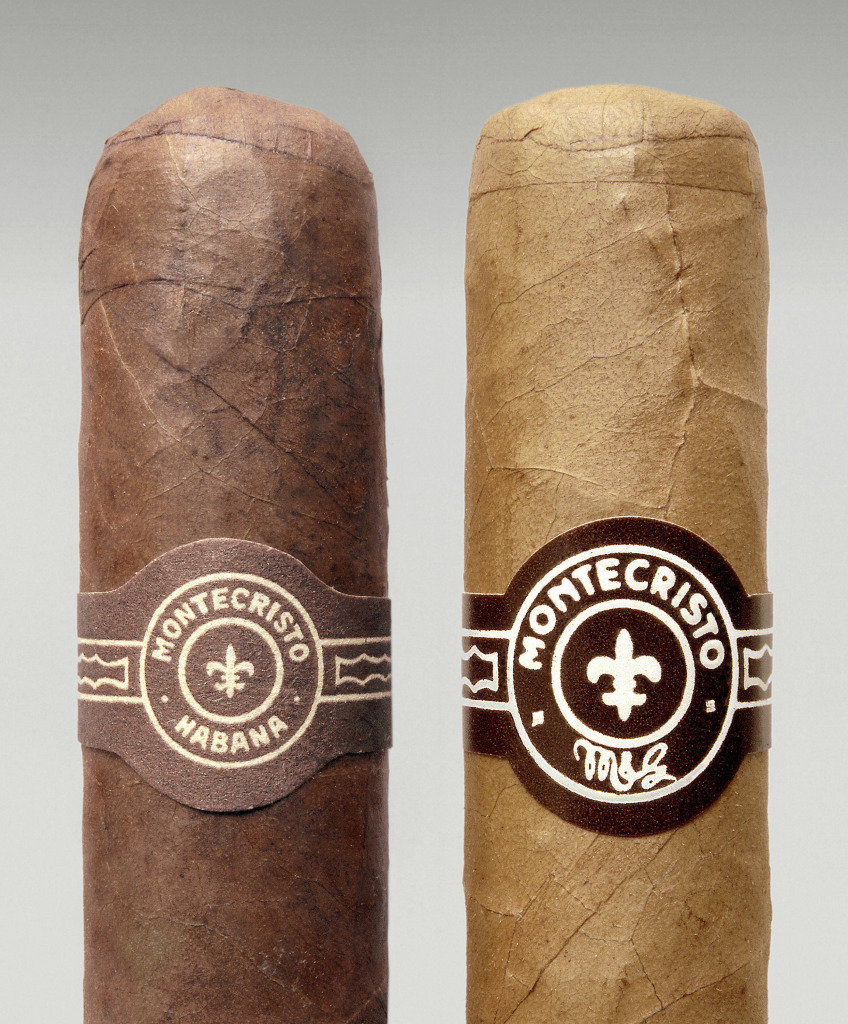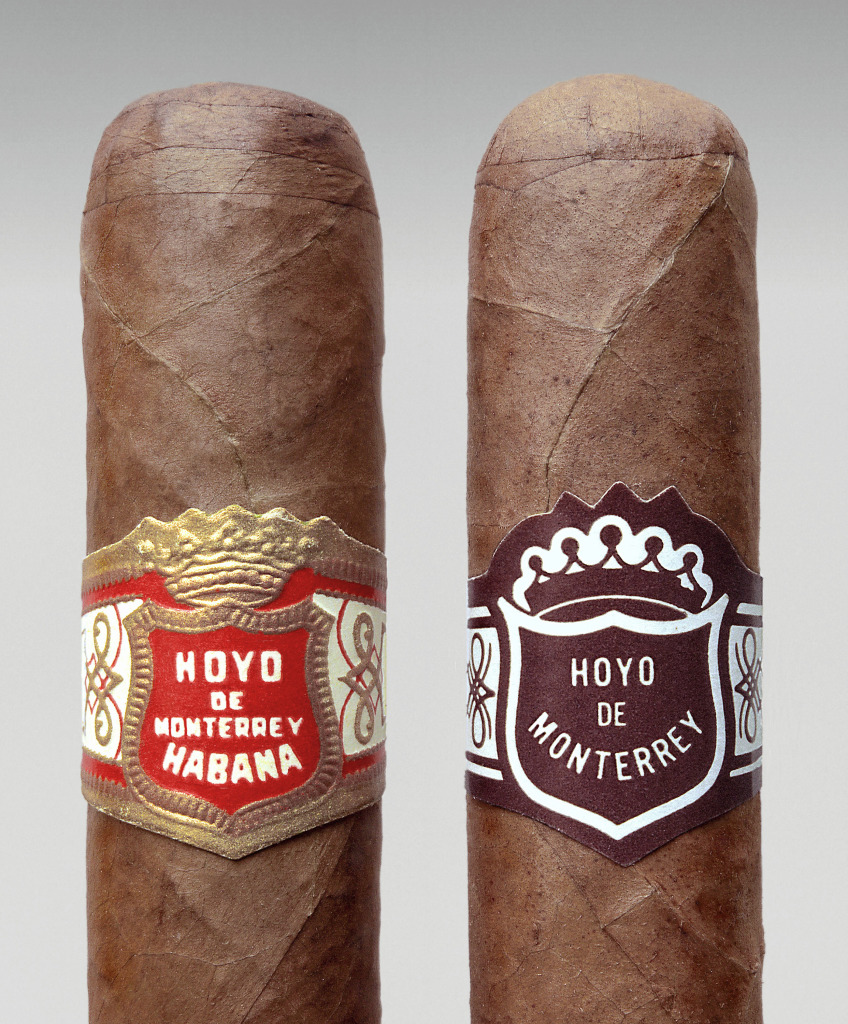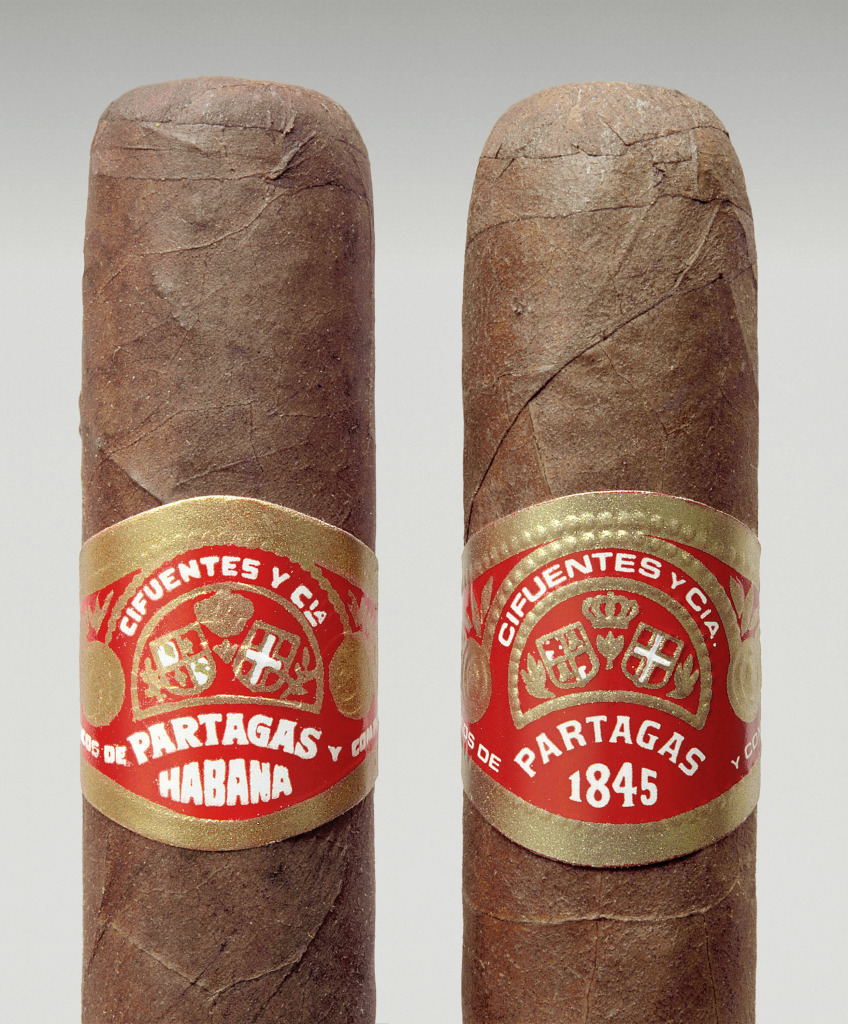


The Exile Brands
Today, the Cuban government’s cigar monopoly Habanos, S.A. (formerly Cubatabaco) produces over 30 different brands of cigars. About half of these brands are also being produced outside of Cuba by unaffiliated private cigar companies and family businesses, many of which were making these cigars on the island before the Cuban revolution of 1959. These brands are referred to as the “exile brands” and are most easily distinguished by the lack of the word Habana on their label. All classic Cuban cigar brands, whether they are now made on the island or somewhere else, were in one way or another “recreated” after the revolution.
In the early sixties Fidel Castro nationalized private enterprises, including cigar factories. Once in control of those factories, he decided to eliminate all cigar brand names (96 at the time) and began marketing a single brand for export. But because cigar smokers around the world were accustomed to a large variety of labels and had strong brand loyalties, sales of Havana cigars dropped dramatically. Castro then sought the advice of Swiss-based cigar merchant Zino Davidoff and with his help the Cuban government recreated many of the famous Cuban labels with comparable quality, rescuing one of the island’s most important export products.
Many cigar-making families whose assets were appropriated, in turn, fled with tobacco seeds and their expertise and established tobacco-growing regions and factories mostly in the Dominican Republic and Honduras. At first, they did not use their own labels (or altered them slightly: Montecristo became Montecruz, for example), assuming that Cuba had full trademark rights to them. However, a 1975 court case concerning ownership of the H.Upmann name established that many pre-Castro companies have full rights to their labels in the U.S. Since then the exile brands have flourished (and recently a non-Havana Montecristo was introduced).
A Havana and its exile brand counterpart are not likely to be seen next to each other in stores. In the U.S., Havanas are illegal due to a total embargo on trade with Cuba. outside the U.S., Habanos, S.A. demands that their cigars not be sold alongside with non-Havana versions. A shop that carries both versions can charge more for Havanas because of their long-standing reputation. But whether they are generally superior to non-Havanas is a matter of constant debate among cigar smokers. And which version of a classic brand is more “authentic” depends on whether one places more importance on the continuity of soil and location or on family and company traditions.
Andrea Robbins and Max Becher 1995






